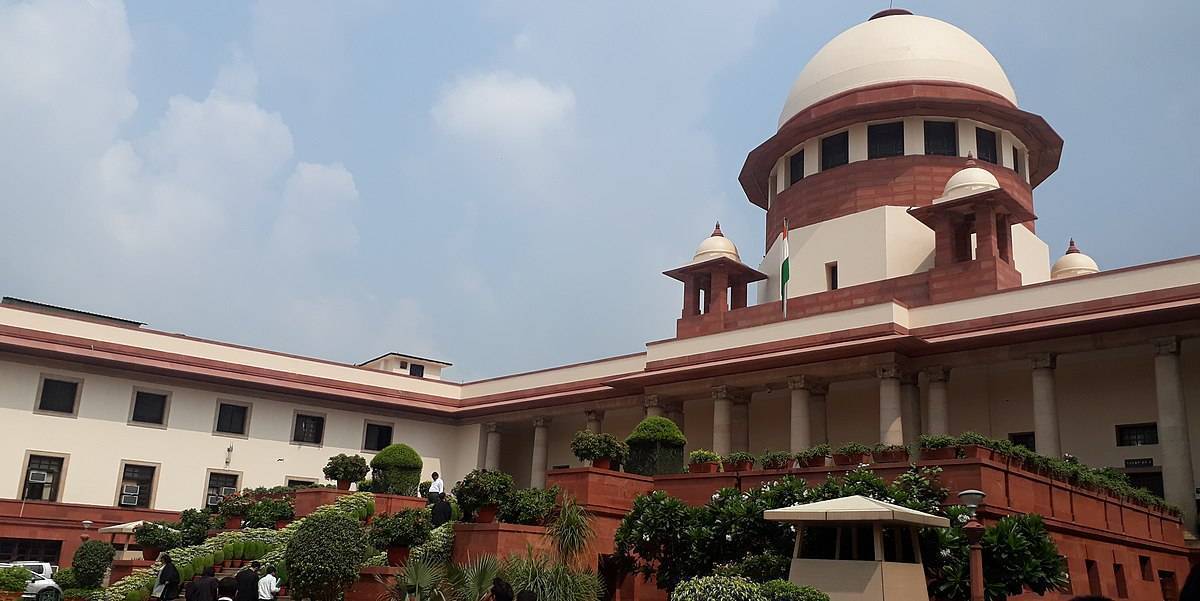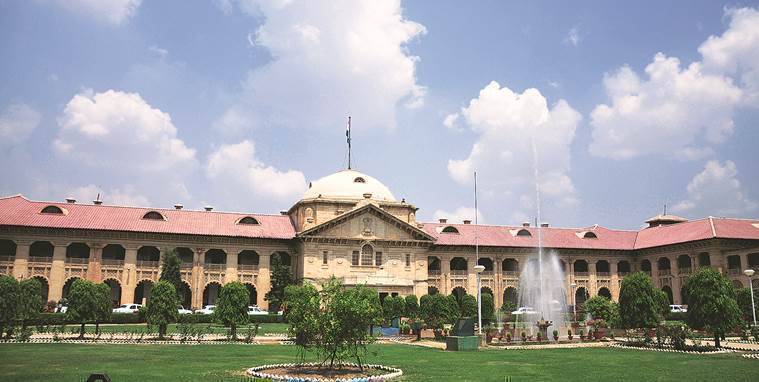The Vigilance and Anti-Corruption Bureau (VACB), through its extensive crackdown across Kerala, has brought to light the nexus between revenue officials, real estate developers, and agents that has been at the core of the massive illegal conversion of paddy fields and wetlands into attractive real estate plots.
The statewide operation, codenamed “Haritha Kavacham”, was the consequence of the VACB intelligence wing's findings, which indicated the presence of corruption in offices responsible for the implementation of the Kerala Conservation of Paddy Land and Wetland Act, 2008. This Act bans any reclamation of paddy fields and wetlands for the purposes of construction or landfilling.
The VACB officers conducted surprise inspections at 27 Revenue Divisional Offices (RDOs) and 32 Deputy Collectors’ office across various districts. The enquiry exposed the modus operandi of officials who, in collaboration with private agents, had been granting fraudulent permits that helped convert wetlands into "dry land" for housing projects.
As per VACB insiders, the gang’s modus operandi was systematic. To begin with, developers would purchase wetland plots at very low prices. After that, these areas would be flooded with earth - often sourced without permission to make them ready for building. It is alleged that bribes and fake documents were used to alter digital land records, including the Wetland-Paddy Land Data Bank, a database that helps trace protected ecological zones.
There were also instances when the Basic Tax Register (BTR) was altered to reflect the change of land from “wetland” to “dry land.” Such fraudulent activities allowed builders to obtain the go-ahead for villas, gated communities, and commercial developments.
Investigators uncovered several instances of irregularities. For example, in the Malappuram district, it was found that 11 different landowners had used the same mobile number in their applications for land conversion, thus pointing to a single agent handling multiple fraudulent claims. The Thaliparambu RDO office in Kannur is another place where the VACB found a large number of real estate projects that had been granted exemptions.
At the Muvattupuzha RDO office in Ernakulam, the recording of illegal cash transactions totaling ₹17 lakh in a single day caught the officials' attention. The money is believed to have been the bribe exchanged between developers and revenue officials. “The network of corruption stretched from the field-level surveyors to the senior officers. The changes in digital data banks were done in such a way that the illegal conversions looked like legitimate ones,” said a VACB officer as per thehindu.com
In order to gather more evidence, Manoj Abraham, the VACB Director, has given the go-ahead for the use of satellite images and remote sensing instruments via the Kerala Remote Sensing and Environmental Centre (KSCSTE) to find out the locations of illegal land reclamation in the state.
Illegal land reclamation of wetlands is not new to Kerala, a state known for its fragile ecosystem and areas prone to floods. The experts caution that unplanned real estate growth in abandoned paddy lands hampers the drainage of water and increases the risk of floods.
Revenue Minister K. Rajan has recently commented that while the government is open to simplifying the procedures for legitimate land conversions, it will not compromise on the environmental safeguards.
The VACB revelations will serve as a wake-up call for the department to discipline the wrongdoers and take criminal proceedings against the developers who have been involved in the racket. The officials have already given the green light for comprehensive audits of land records to be carried out in all districts.









.png)